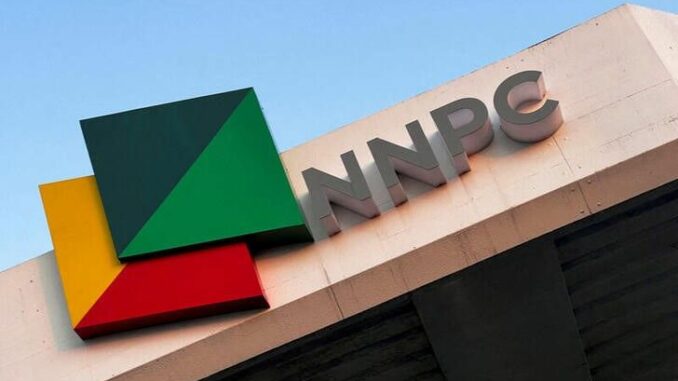
Nigeria’s state oil company NNPC faces mounting challenges as its debt to gasoline suppliers has surged to over $6 billion, doubling since April. This financial strain stems from the government’s struggle to balance fixed pump prices with rising international fuel costs.
President Bola Tinubu’s initial move to end fuel subsidies last year was quickly reversed as public discontent grew over increased living costs. The subsequent price cap, combined with a weakening naira, has allowed subsidies to creep back, with an estimated cost of $3.7 billion for 2023.
The situation has led to late payments to suppliers, some dating back to January deliveries. This has prompted at least two suppliers to withdraw from recent tenders, citing debt exposure limits. Consequently, Nigeria’s gasoline imports have decreased, leading to fuel queues in major cities.
Nigeria’s predicament reflects a broader regional challenge, with countries like Kenya, Senegal, Egypt, and Angola grappling with subsidy reforms amidst economic pressures. The country’s reliance on imported fuel, despite being Africa’s largest oil exporter, exacerbates the issue.
As NNPC struggles to manage its financial obligations, including a recent $3.3 billion oil-backed loan, the sustainability of Nigeria’s fuel subsidy system remains in question, highlighting the complex balance between economic reforms and social stability.
